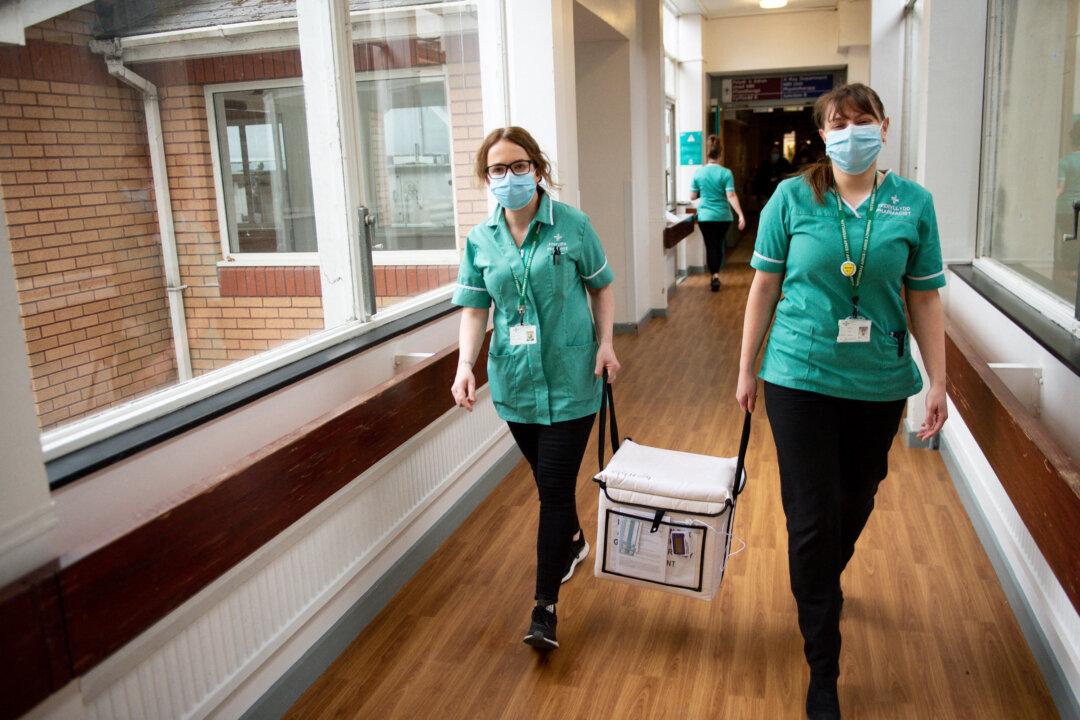Europe’s health care systems are reportedly feeling the strain of the fast-spreading and highly transmissible Omicron variant of COVID-19, which has led to chronic staff shortages in hospitals amid rising case numbers.
Despite early studies indicating a lower risk of severe disease or hospitalization from Omicron compared to the previously-dominant Delta variant, nations across Europe are said to be struggling under the weight of staff shortages, driven by a surge in infections which has seen key staff members sick or forced to self-isolate.




